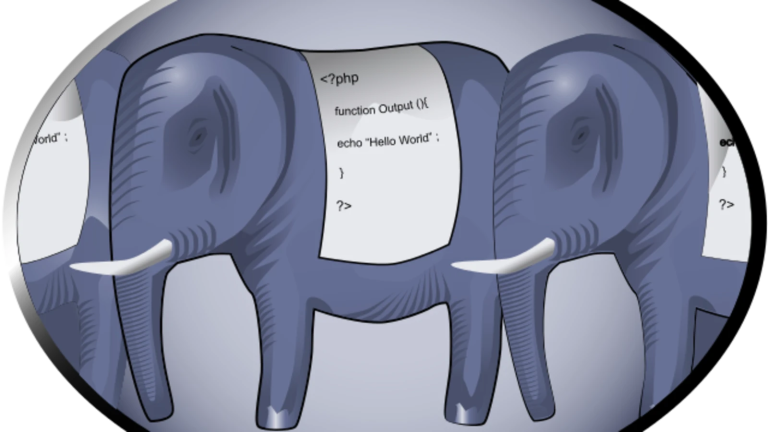Absolutely, callback functions in PHP are powerful tools that enable developers to create more flexible and reusable code. Here’s an article exploring what callback functions are, how they work, and their practical applications in PHP development.
Understanding PHP Callback Functions: A Dive into Flexibility and Reusability
In the world of PHP programming, callback functions stand tall as versatile tools, empowering developers to create dynamic, flexible, and reusable code. They are fundamental in allowing for more abstract and powerful programming paradigms. Let’s delve into what callback functions are, how they function, and their practical applications.
What are Callback Functions?
In essence, a callback function is a function that’s passed as an argument to another function. Unlike conventional functions that are called directly by their name, callback functions are invoked later, often triggered by specific conditions or events.
How do Callback Functions Work in PHP?
In PHP, callback functions can be used in various scenarios, such as array manipulation functions (array_map, array_filter), sorting (usort), event handling, and more. They can be defined as strings containing the function name, arrays with object instances and method names, anonymous functions, or even static method calls.
Let’s consider a simple example using array_map:
// Define a callback function
function manipulateData($value) {
return $value * 2;
}
// An array of numbers
$numbers = [1, 2, 3, 4, 5];
// Use array_map with a callback function to manipulate the data
$manipulatedNumbers = array_map('manipulateData', $numbers);
// Output: [2, 4, 6, 8, 10]
print_r($manipulatedNumbers);
Here, manipulateData is passed as a callback function to array_map, enabling the transformation of each element in the $numbers array.
Practical Applications of Callback Functions
- Event Handling and Notifications: Callbacks are extensively used in event-driven architectures. For instance, in web development, they’re crucial for handling asynchronous tasks, such as executing code after an AJAX request or processing form submissions.
- Custom Sorting and Filtering: Callbacks empower developers to implement custom sorting algorithms (
usort) or complex filtering logic (array_filter) based on specific criteria. - Extensible Libraries and Frameworks: Frameworks like Laravel leverage callbacks to allow developers to extend core functionalities without modifying the source code directly. This facilitates modularity and maintainability.
- Iterating Over Data Structures: When working with arrays or other iterable data structures, callback functions can be used to perform operations on each element efficiently.
Tips for Using Callback Functions Effectively
- Clear Documentation: When creating APIs that utilize callbacks, clear documentation outlining the expected parameters and return values is crucial for seamless integration.
- Error Handling: Ensure proper error handling within callback functions to prevent unexpected behavior and improve code robustness.
- Maintain Readability: Avoid overly complex nested callbacks that might hinder code readability. Consider breaking down complex logic into smaller, more manageable functions.
Callback functions in PHP serve as invaluable tools for creating flexible, reusable, and efficient code. Their versatility allows for the implementation of various programming paradigms, enabling developers to handle asynchronous operations, create extensible architectures, and perform complex data manipulations with ease.
Mastering the art of callback functions not only enhances a developer’s skill set but also contributes significantly to building scalable and maintainable PHP applications.
In conclusion, embracing callback functions unlocks a world of possibilities in PHP development, empowering developers to craft elegant and efficient solutions to diverse programming challenges.
Fill-in the form below to reach out to us with your project👇




